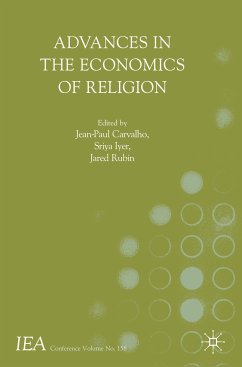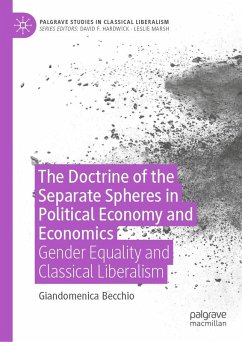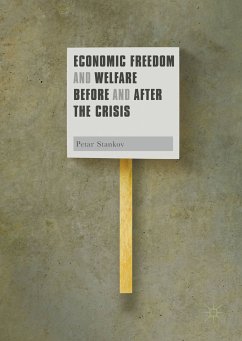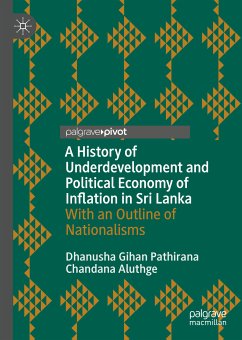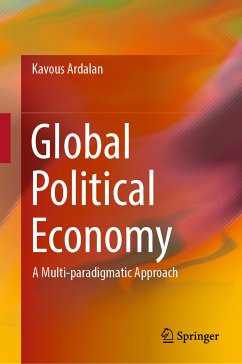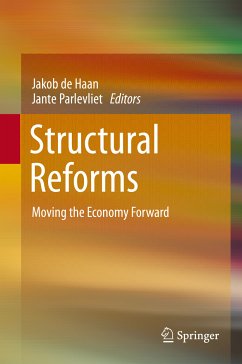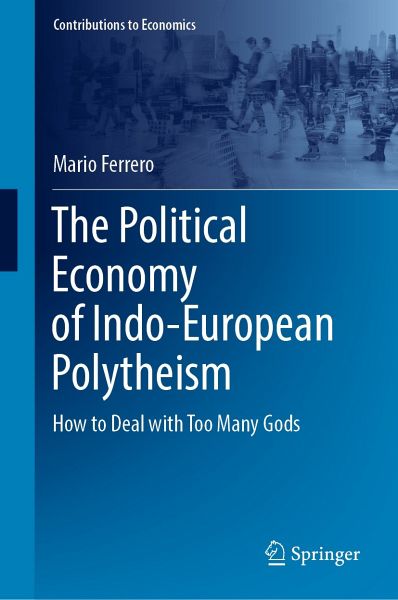
The Political Economy of Indo-European Polytheism (eBook, PDF)
How to Deal with Too Many Gods
Versandkostenfrei!
Sofort per Download lieferbar
68,95 €
inkl. MwSt.
Weitere Ausgaben:

PAYBACK Punkte
34 °P sammeln!
This book sheds new light on the evolution and transformation of polytheistic religions. By applying economic models to the study of religious history and by viewing religious events as the result of rational choices under given environmental constraints, it offers a political economy perspective for the study of Indo-European polytheism. The book formally models the rivalry or competition among multiple gods in a polytheistic system and the monotheistic solution to this competition. Presenting case studies on the transformation and demise of various polytheistic religions, it highlights the p...
This book sheds new light on the evolution and transformation of polytheistic religions. By applying economic models to the study of religious history and by viewing religious events as the result of rational choices under given environmental constraints, it offers a political economy perspective for the study of Indo-European polytheism. The book formally models the rivalry or competition among multiple gods in a polytheistic system and the monotheistic solution to this competition. Presenting case studies on the transformation and demise of various polytheistic religions, it highlights the pivotal role of the priestly class in driving religious change and suggests a joint explanation for the demise of Greco-Roman religion and the resilience of Hinduism and Zoroastrianism. It will appeal to scholars of the economics of religion and religious history and to anyone seeking new insights into the birth and death of religions, and the birth of monotheism in particular.
Dieser Download kann aus rechtlichen Gründen nur mit Rechnungsadresse in A, B, BG, CY, CZ, D, DK, EW, E, FIN, F, GR, HR, H, IRL, I, LT, L, LR, M, NL, PL, P, R, S, SLO, SK ausgeliefert werden.



